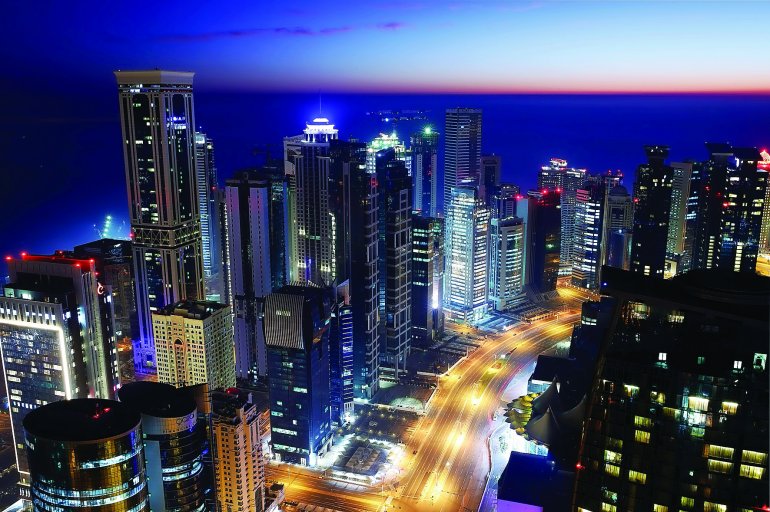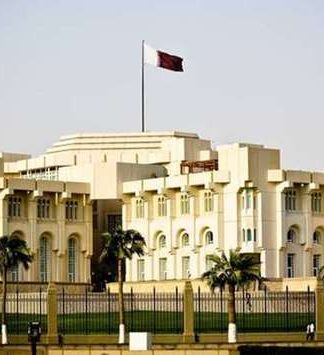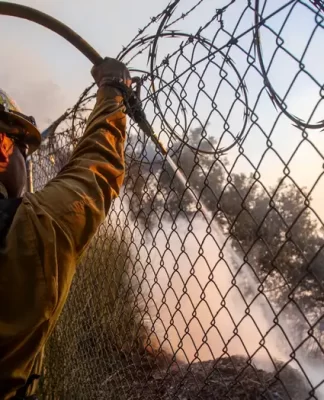
Strong northwesterly winds are expected to start affecting Qatar by the middle of next week causing high waves and a drop in temperatures. However, the temperature is not expected to fall below 12 degree Celsius, according to an expert.
“We will have a maximum temperature of 20 degrees, which can go up to 24 degree celsius at times over the coming week. The minimum temperature is expected to be 14 degrees. Cold wave in Qatar would be when temperatures reach 12 degrees Celsius and it is highly unlikely over the coming days,” said Abdullah Mohamed Al Mannai, Director of the Meteorology Department at the Civil Aviation Authority.
He acknowledged that temperatures would drop in the coming days, but not to the level where it would be described as a cold wave. Al Mannai also expects humidity to increase in January, noting that it was always the case in winter. However, the lower temperatures ease off the effects of the higher humidity.
“We are seeing many new changes in climate as a whole and it is changing. We do try to forecast it as accurately as possible,” he told The Peninsula.
Today, visibility will be poor over some areas at first with hazy to misty conditions. This will improve by daytime and it will be relatively cold at night.
The north westerly-north easterly wind will blow at 4 to 12 knots inshore while it will reach up to 18 knots offshore at times. The visibility will be 5 to 8 km falling below 3km in some areas at first.
The temperature within Doha will be between 29 and 18 degrees Celsius today. Outside the city, the maximum temperature will vary between 29 and 25 degrees Celsius, while minimum temperature will range between 19 and 16 degrees Celsius.
In a recent interview with Qatar News Agency, Al Mannai said that the current foggy weather was due to sea breeze accompanied by lower temperatures. The combination led to an increased humidity at sea and the shore, which ultimately caused the fog.
He noted that December and January are the two months that see the most fog formation, particularly very late at night and early in the morning.
He also underscored that global warming was having an impact on the change in weather.
He noted that the industrial advancements and the reliance on fossil fuels such as coal increased carbon dioxide levels and ultimately led to a rise in temperatures.

























